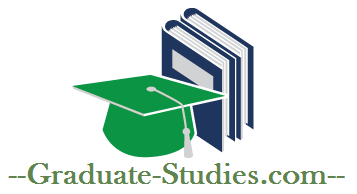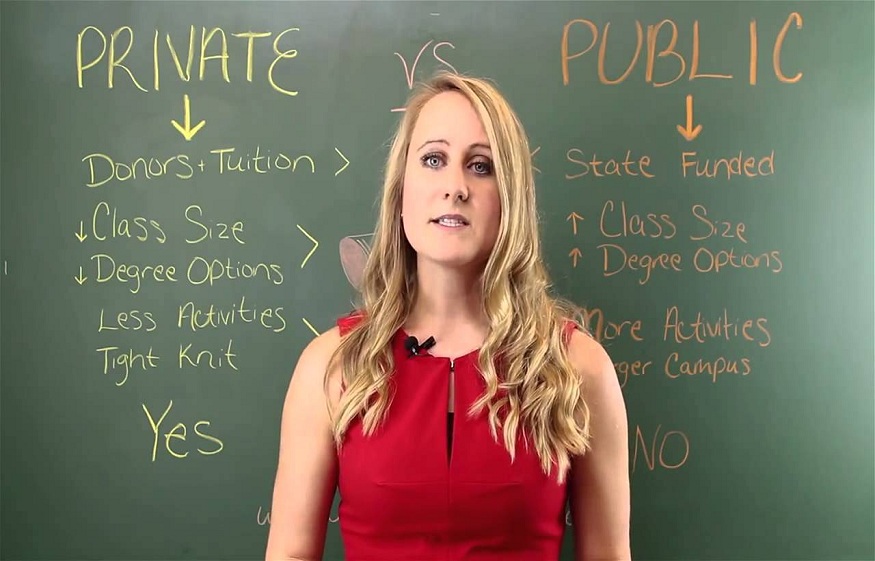In one of the series of interviews on the right to education conducted on the occasion of the 70th anniversary of the Universal Declaration of Human Rights , Professor Ann Skelton examines the pros and cons of public and private education.
“In the Declaration of Human Rights and the UN Convention on the Rights of the Child that, it is clear that states have an obligation to provide education for all,
Professor Skelton confirms that international standards are also very clear that private education must be properly regulated and that it must offer at least the same level of quality as public education.
“Often this is clearly not the case. There are many negative impacts when education is turned into a commodity. Any for-profit provider involves risks. What we often see are states crossing their arms and saying ‘well if these people are into education willingly, then we don’t have to put a lot of effort into it,’ he explains. she.
It was then that other for-profit companies rushed into this breach.
“It also means that good teachers tend to turn to the private system if they are better paid. In some countries, parents mistakenly vote for what they imagine is a better system and even fight when it turns out to be inadequate, ”she adds.
The question of responsibility
Professor Skelton heads a group of experts tasked with drafting guidelines for state actors in private education. Most importantly, it is about making states responsible for regulating the private sector and providing quality public schools. Teacher. Skelton believes states should do much more at the national level to enforce regulatory frameworks that ensure standards are met.
“An interesting question that we are discussing with civil society organizations and experts in education and law is whether there is a basis in human rights law Would it be possible to put a limit on the growth of private education? She asks herself.
However, she adds, there are big differences in how private actors get involved in education and the impacts they can have.
In some Kenyan or Nigerian informal settlements, for example, the government abdicated its responsibilities and abandoned people to low-quality, unregulated service providers, impacting the poorest who sought quality education. This situation is clearly contrary to international standards. But look at the Netherlands: in a way, most schools are run by the private sector, by non-profit actors, and publicly funded, and the system is seen to be of high quality. “
Develop regulatory standards
“This begs the question of whether we should fix systems that are not faulty? In other words, how can we develop standards that can be applied in all contexts but which leave some freedom to models that work, or that are demanded by the population? She says.
Other challenges include the strict regulation of northern countries or holding companies that exploit education in other countries by providing education at lower cost and of lower quality.
“For me, the thorny issue is that strong state control of the education system is a good thing if one thinks in terms of service provision and access, but it can be harmful from the point of view of democracy and rights.
For example, in South Africa during apartheid, if black people had relied on what the state would offer them, their situation would have been even worse. They relied on missionary schools run by people with a passion for education who wanted to help build leaders for the future. It seems to me different from the commodification of education and the exploitation of individuals. “
According to her, sufficient public investment is essential but there is still a long way to go to achieve the targets of Sustainable Development Goal

